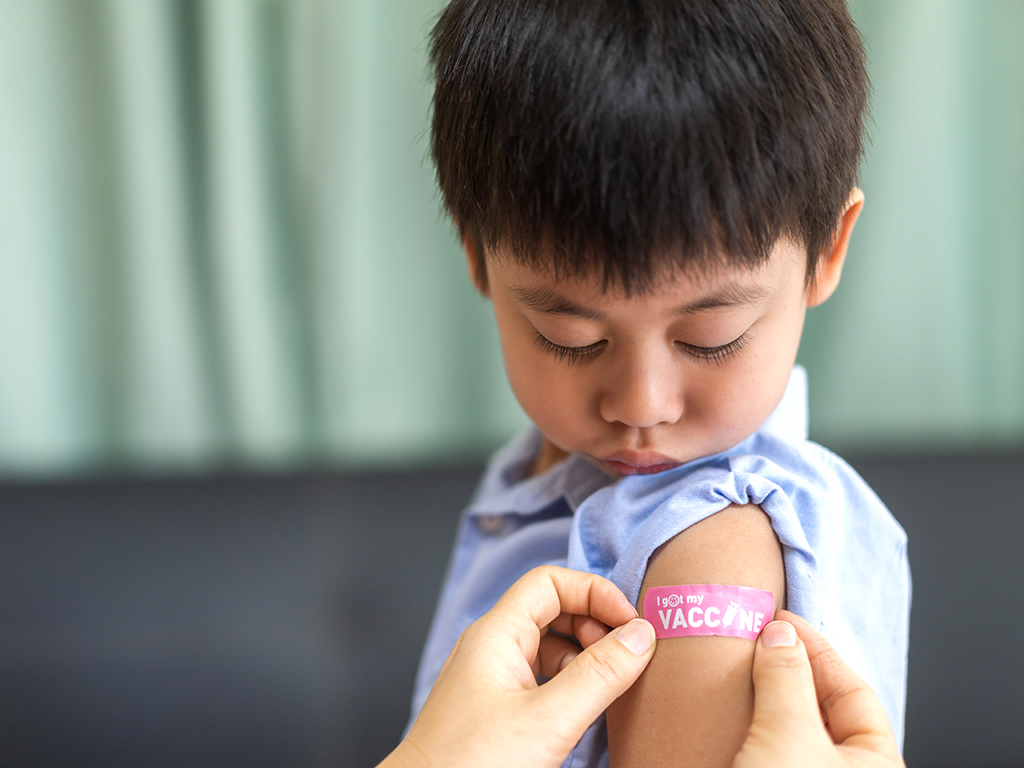Impact of arsenic exposure on vaccine efficacy in children

Art_Photo/stock.adobe.com
A new study led by researchers in the School of Public Health explores the potential adverse effects of arsenic on immune responses in children, which can make them more vulnerable to infectious diseases by reducing vaccine effectiveness. However, the study also suggests that folate—vitamin B9 essential for metabolic processes—might play a role in mitigating these effects.
Arsenic is a naturally occurring element that exists at high levels in the groundwater of some countries, including the U.S., India, Taiwan and Chile. The primary source of arsenic exposure is drinking contaminated water but it can also occur through other means such as consuming plants irrigated with contaminated water or being exposed to tobacco smoke.
“People who have chronic exposure to arsenic are more likely to experience various health problems, including cancers and other non-cancerous diseases,” said Dr. Taehyun Roh, assistant professor in the Department of Epidemiology and Biostatistics at the School of Public Health, who led the study. “In addition, arsenic exposure not only increases inflammation, but also suppresses the immune function, and fetuses and young children are especially vulnerable.”
For the study, funded by grants from Texas A&M and the National Institute of Environmental Health Sciences and published in Environment International, the researchers examined how arsenic exposure affects the immunity associated with childhood vaccination for measles. Roh, along with Texas A&M School of Public Health colleagues Dr. Daikwon Han, Dr. Natalie Johnson and three doctoral students, plus a colleague from the University of San Francisco analyzed data from the National Health and Nutrition Examination Survey to study the relationship between urinary arsenic and measles antibody levels in 476 U.S. children aged 6 to 11.
The team utilized biomonitoring data, including urine samples for total inorganic arsenic and serum samples for measles IgG antibody and folate levels. The team considered several factors such as age, race, smoking exposure, dietary intake of vitamin B12 and selenium, poverty index ratio, and participants’ growth and body mass index. The study specifically focused on children born in the United States, as vaccination schedules and policies can vary among different countries.

